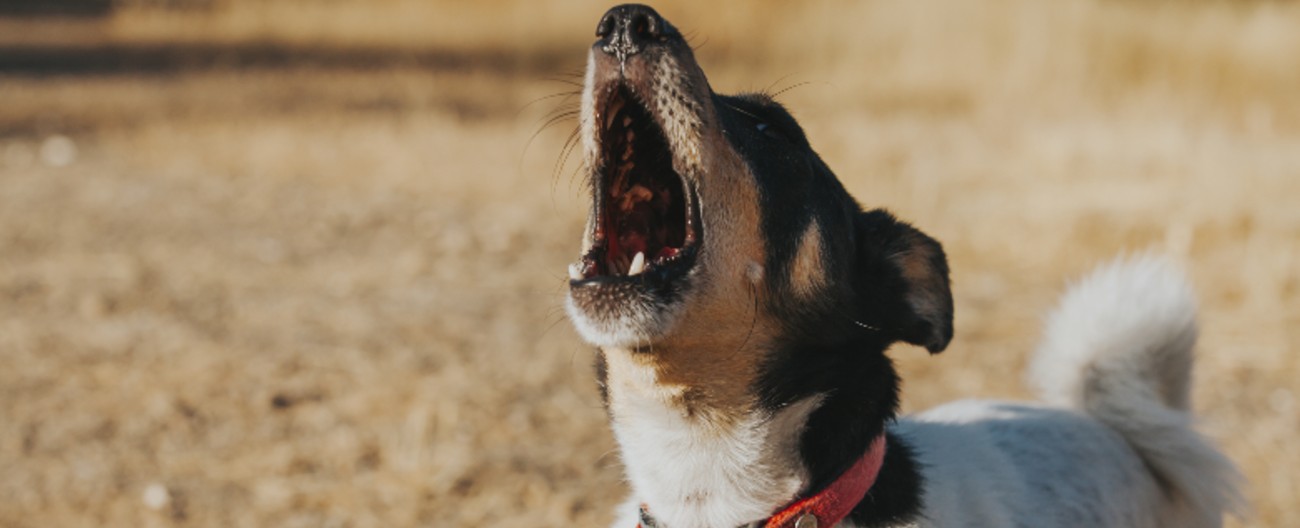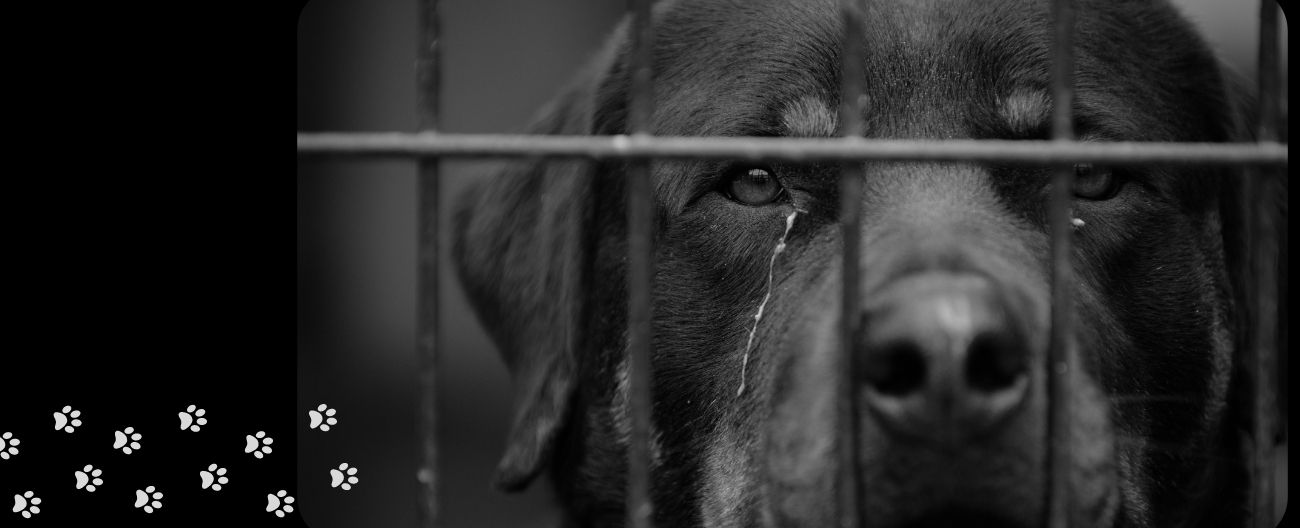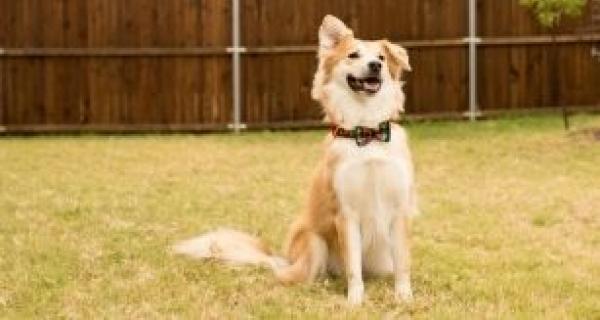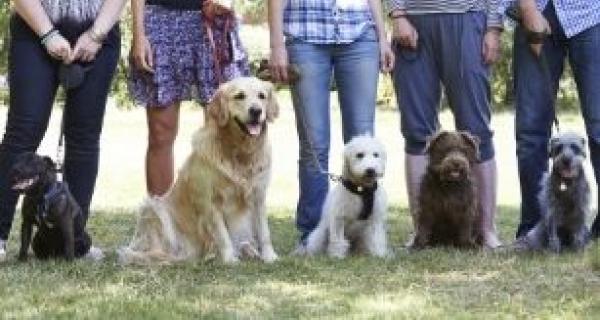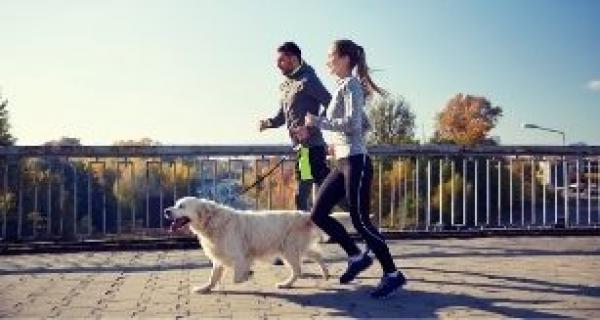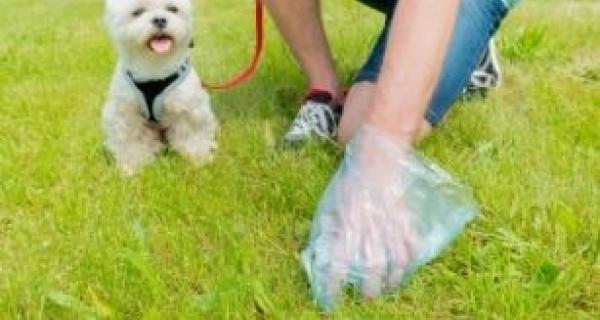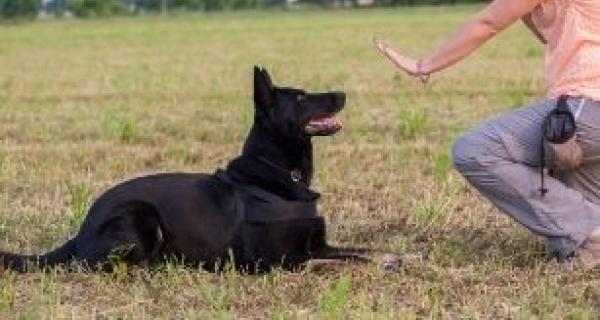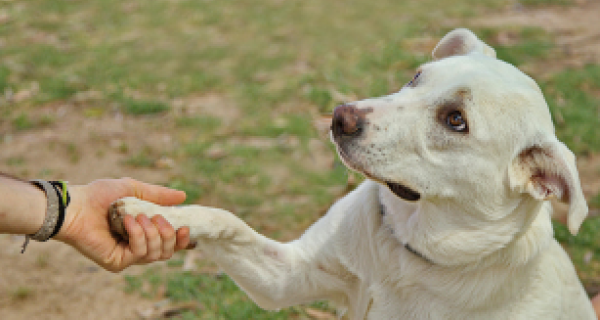Dog ownership is extremely rewarding and has also been associated with healthy living and overall life enjoyment.
Responsible dog ownership includes having your dog registered and microchipped, caring for their welfare needs, keeping them safe, providing a great quality of life, and complying with local requirements for keeping dogs on your property so they do not wander and create a nuisance.
Remember to update your pet registration details if you have moved or any details have changed.
Environment
- Provide them their own bed, in a quiet, draught-free and dry location. A bed indoors provides much better protection from extremes of heat and cold, compared to an outdoor kennel.
- Dogs are also social 'pack' animals, and are happiest when near their family. At all times of the day, dogs should spend as much time as possible in the company of other dogs, or indoors with the family.
- To be safely confined to their owner's property. This means your yard must have a closed gate and an escape-proof fence that your dog cannot jump, get under or through. If securely confined, your dog will be safe from traffic injuries or fights with other dogs. They will also be prevented from wandering and becoming lost.
Diet
- A complete balanced diet, which is nutritionally balanced. Commercially prepared food can be easier to feed than a homemade diet, as it is not as easy to achieve the correct balance of nutrients if you make your dog's diet yourself.
- Follow feeding instructions on the packet carefully, to avoid overfeeding.
- A healthy body condition (shape and weight) — neither over or underweight.
- Only occasional treats (for instance, for training purposes). Excessive treats can cause obesity which can contribute to serious health problems, such as diabetes. Avoid fatty treats such as cheese. Try lower calorie alternatives (these are commercially available, or you can use green beans or carrot sticks).
Behaviour
- Socialisation — It's particularly important to socialise puppies from three to 12 weeks of life. This means gradually allowing them to experience everyday sights and sounds, as well as meet people and other animals. Your local vet may run 'puppy preschool' socialisation classes.
- Training — Your dog needs to behave appropriately and safely. Training is a great way to keep your dog's mind active and help you to understand each other.
- Daily exercise — Dogs have evolved to spend much of their day migrating with their pack. The 'need' to walk is hardwired into every dog's brain. Some dogs require longer or more regular walks than others. But all dogs should spend some time each day outside the property with you.
- Supervision — Especially when around young children both for the safety of children and dogs. Children, particularly those aged 0 to 4 years old, are most at risk of serious dog bite injuries.
Companionship
- Spend a little extra time with your dog, especially if it’s regularly left alone for more than 4 hours each day.
- Keep your dog busy while you are out by leaving toys or food puzzles for mental stimulation.
- Consider getting a second dog for company and ensure you understand how to safely introduce a new dog to the household.
Protection
- Regularly treat your dog for fleas and worms.
- Take your dog to the vet if it is pain or suffering form disease.
If you have any questions about your rights and responsibilities as a dog owner, or you have concerns about wandering or nuisance dogs you can contact Council.







